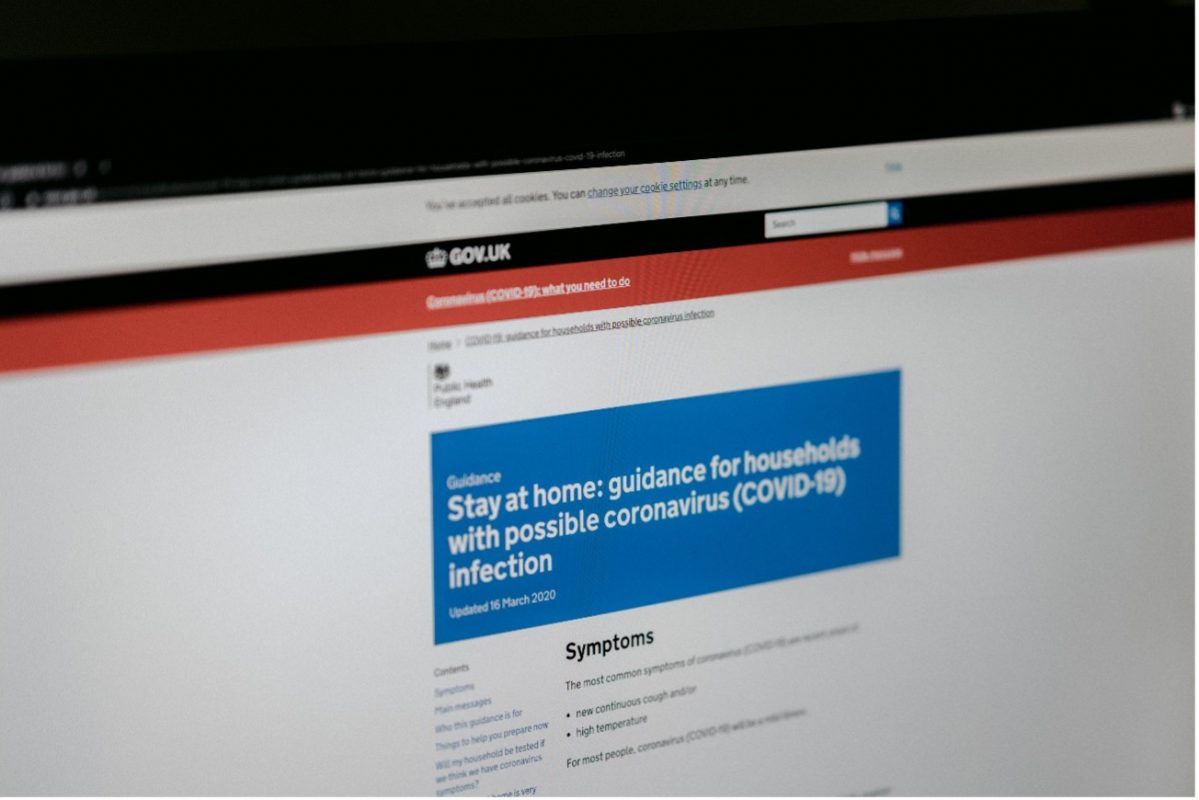In this article, practical advice for parents of children affected by rare diseases will be presented. It will address various situations that may arise in everyday life, with the aim of providing useful tools to deal with them effectively.
We hope that this information will be of great help to families in this situation.
- What are rare diseases and how do they affect children?
Rare diseases are those that affect a limited number of people and can be difficult to diagnose and treat. In the case of children, these diseases can have a significant impact on their quality of life and development. Some rare diseases can affect growth, mobility, the ability to speak and learn, and other vital functions.
It is important for parents to be informed about rare diseases and to be aware of any symptoms or signs that may indicate the presence of a rare disease in their child.
In addition, it is essential to seek early diagnosis, as this can improve the child’s prognosis and quality of life. By being aware of the treatment options and emotional support available, parents can help their children cope with the challenges presented by rare diseases.
- The importance of early diagnosis in rare diseases
The importance of early diagnosis in rare diseases is fundamental for the well-being of the children who suffer from them. Knowing which disease is affecting our child is the first step to be able to provide the right treatment and improve their quality of life.
In many cases, rare diseases can be difficult to diagnose due to their rarity and complexity. However, it is important to be on the lookout for any symptoms or signs that may indicate the presence of a rare disease.
Early diagnosis can also help prevent complications and ensure that the child receives the necessary support and care. It is therefore essential that parents are informed and proactive in seeking an early diagnosis for their children.
- How to emotionally support a child with a rare disease?
When a child is diagnosed with a rare disease, it can be an overwhelming experience for both the child and the parents.
It is important to remember that emotional support is crucial to a child’s well-being. Be sure to talk to your child about his or her illness and how you feel about it.
Encourage your child to express their emotions and listen to their concerns. It is also important for parents to contact doctors and other health professionals for additional information and resources.
Seek out support groups and online communities to connect with other families going through the same thing. Remember that you are not in this alone and that there are resources available to help you and your child cope with the challenges of a rare disease.
- Practical tips for managing medicines and treatments at home
Managing medicines and treatments at home can be a challenge for parents of children with rare diseases. It is important to keep a detailed record of what medicines and treatments are administered and when. It is also crucial to follow dosage and storage instructions to ensure the efficacy and safety of medicines.
In addition, it is important to ensure that you have sufficient supplies of medicines and treatments to avoid interruptions in your child’s care. Tools such as mobile apps and medication reminders can be used to facilitate the management of medicines and treatments.
By being well organised, the stress and anxiety associated with managing medicines and treatments at home can be reduced.
- How to involve the child in his or her own health care
It is important for children to feel involved in their own medical care, especially if they have a rare disease. This gives them a sense of control and responsibility, which can help reduce the anxiety and stress associated with the disease.
One way to involve the child is to allow them to be part of decisions related to their treatment, such as which medicines to take or which complementary therapy to try.
It is also helpful to teach them how to take their medicines correctly and how to follow a treatment schedule.
In addition, it is important to make sure that your child understands their illness and how it affects their body. This can help them feel more comfortable talking to their doctor and asking important questions. Overall, involving your child in their own medical care can have a positive impact on their long-term emotional and physical well-being.
- The role of complementary therapies in the treatment of rare diseases
Complementary therapies can be a valuable tool in the treatment of rare diseases in children. These therapies may include massage, occupational therapy and physiotherapy, among others.
While these therapies are not a cure for the disease, they can help relieve symptoms and improve the child’s quality of life. It is important to talk to your child’s doctor before starting any complementary therapies to make sure there are no interactions with the medications your child is taking.
In addition, it is essential to find a therapist with experience in treating rare diseases to ensure the safety and effectiveness of the treatment. In general, complementary therapies can be a useful addition to traditional medical treatment and help children feel more comfortable and confident during their recovery process.

- Communicating effectively with doctors and other health professionals
Effective communication with physicians and other health professionals is crucial for the care of a child with a rare disease.
It is important that parents feel comfortable talking to doctors and asking questions. Parents should be honest and clear about their child’s symptoms and progress.
In addition, it is important for parents to learn about their child’s condition and the treatment options available. Parents can make a list of questions before the medical appointment and keep a record of the treatments and medications their child is taking.
It is also helpful to keep a diary of symptoms and disease progression. Effective communication with doctors and other health professionals can help ensure that the child receives the best possible care.
- Navigating the school system with a child who has a rare disease
Navigating the school system with a child who has a rare disease can be challenging for parents. It is important to clearly communicate the child’s medical needs to school staff and make sure they are trained to handle any medical emergencies that may arise.
It is also important to establish a plan of action in case the child becomes ill during the school day. Parents may consider providing a detailed medical letter to school staff, including information about medication and treatments the child needs.
In addition, it is advisable to establish a good relationship with teachers and other school professionals to ensure that the child receives appropriate support throughout their education. With good communication and planning, parents can help ensure that their child with a rare disease has a positive and safe school experience.
- Support for parents and carers in caring for children with rare diseases
A diagnosis of a rare disease in a child can be overwhelming for parents and caregivers. It is important to remember that they are not alone on this journey and that there are resources available to help them care for their child.
Support groups for parents and caregivers of children with rare diseases can provide a safe space to share experiences and obtain useful information.
They can also provide emotional support and help parents feel less isolated.
In addition, there are organisations that offer counselling and guidance services to help parents navigate the health and school care system.
It is important for parents to know that they do not have to cope with their child’s illness alone and that there are resources available to help them along the way.
- The importance of community and resources available to families affected by rare diseases
Community and available resources are crucial for families affected by rare diseases. In many cases, these diseases are little known and can be difficult to treat.
That is why it is important to connect with other parents and families going through the same thing. Patient organisations and rare disease associations can provide useful information, emotional support and healthcare resources.
In addition, it is important to talk to doctors and other health professionals for information about complementary treatments and therapies. Parents can also participate in support groups and educational events to learn more about how to manage their child’s illness and how to connect with others in the same situation.
It is important to note that one is never alone in such situations. Networking with the scientific community and with other affected forums can help us in a very positive way in our day-to-day lives. It is highly recommended to look for specific associations in the autonomous community where you live and participate in their initiatives.
The road may be long and hard, but the best help we can give to children is to be prepared to provide the most comfortable environment possible for them from all points of view: not only medical, but emotional.
That is why, at OLIGOFASTX, we research and develop new therapies based on oligonucleotide technologies that facilitate the arrival of new treatments for rare diseases with no medical response.
Sources
- Orphanet (Spanish) – https://www.orpha.net/consor/cgi-bin/index.php?lng=ES Orphanet is an information resource in Spanish offering resources and practical advice for parents of children with rare diseases.
- National Organization for Rare Disorders (NORD) – https://rarediseases.org/ NORD is a US organisation that provides information and support to people affected by rare diseases. Their website offers resources and advice for parents.
- Federación Española de Enfermedades Raras (FEDER) (Spanish) – https://enfermedades-raras.org/ FEDER is a Spanish federation that provides information and support to people with rare diseases and their families. Their website has useful resources and practical advice for parents.
- Rare Diseases Clinical Research Network (RDCRN) – https://www.rarediseasesnetwork.org/ RDCRN is a rare disease clinical research network in the United States. Its website provides up-to-date information and practical advice for parents.
- Rare Diseases Info (Spanish) – https://enfermedades-raras.org/index.php/enfermedades-raras/info Rare Diseases Info is a Spanish-language platform providing information and resources on rare diseases, including practical advice for parents.
- EURORDIS – https://www.eurordis.org/parents EURORDIS is a European organisation representing people living with rare diseases. Their website offers resources and practical advice for parents, including a specific section for parents.
- RareConnect (English and Spanish) – https://www.rareconnect.org/ RareConnect is an online platform created by EURORDIS and the US organisation NORD. It offers support communities and practical advice for parents of children with rare diseases, in different languages.
- Rare Diseases International (RDI) – https://www.rarediseasesinternational.org/ RDI is a global alliance of rare disease organisations. Its website provides useful information and resources for parents, with a focus on the global perspective of rare diseases.
- Isabel Gemio Foundation (Spanish) – https://www.fundacionisabelgemio.com/ The Isabel Gemio Foundation is a Spanish organisation working on research and awareness-raising on rare diseases. Its website offers information and practical advice for parents.
- NIH – National Institutes of Health – https://rarediseases.info.nih.gov/ NIH is a US government agency and its website on rare diseases provides accurate and up-to-date information for parents, including useful tips and resources.
Remember that it is always important to consult with health professionals and rare disease experts for information and advice appropriate to your specific situation.

 Español
Español
